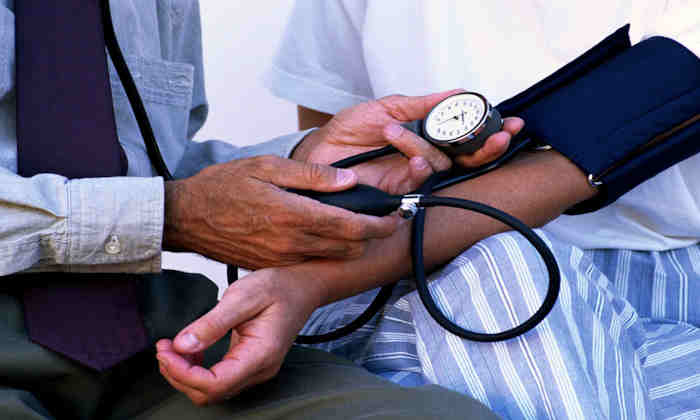GP funding has unfair London bias, finds study
22 Feb 2018
New research led by Manchester data scientists reveals that primary care funding in England is not distributed according to local health needs

GP practices in London where the population is relatively young, they say, receive disproportionately more funding, despite dealing with the lowest level of health needs in the country.
London, they calculate, has a median of 0.38 health conditions per patient based, on a measure of 19 well-recorded chronic conditions.
In contrast, the North East and North West of England have 0.59 conditions per patient and 0.55 conditions per patient, the highest and second highest health needs in England respectively.
The median for England is 0.51 health conditions per patient.
Both regions receive considerably lower funding per patient than they should, especially the North West, according to the research team from the universities of Manchester, York, Keele, Michigan and Dundee. This is particularly relevant for Greater Manchester and its devolved health and health social care spending, which is estimated to be £2bn in deficit by 2020, on current trends.
The team also reveal that when health care needs, deprivation and age are taken into account, rural areas receive £36 more compared to urban areas, per patient each year.
The £36 figure is more than a quarter of the median annual primary care spend per patient in England, which was £134 in 2015-16, excluding the cost of prescriptions and drug dispensing.
Practices in rural England tend to look after an older but relatively healthier, more affluent and smaller population, they say, while enjoying similar levels of staffing, when compared to the more hard-pressed practices in urban areas.
The study, led by Manchester’s Professor Evangelos Kontopantelis, is the first to evaluate if primary care funding in 2015-16 matched health care needs at geographical areas with an average of 1500 people.
The team examined data from 7,779 GP practices in England, covering 56,924,424 people, over 99% of the population registered with primary care, and publish their findings in the journal BMC Medicine.
Professor Kontopantelis said: “If as a society we want a healthcare system which is fair, then we must fund it according to need, and ideally account for the impact of deprivation.
“This study shows that the current allocation of resources to primary care does not do that.
“The strength of the study lies in the quality of the databases and their sizes. We investigated the whole of England: that’s over 55 million people served by a universal health system.”
The study was partially funded by the Medical Research Council.
